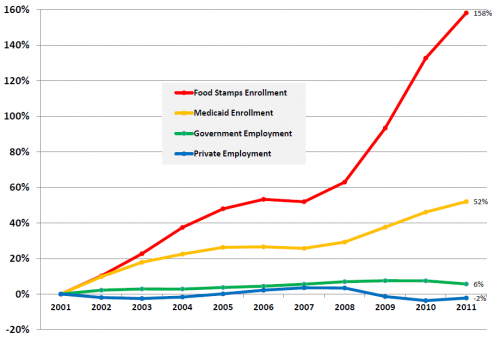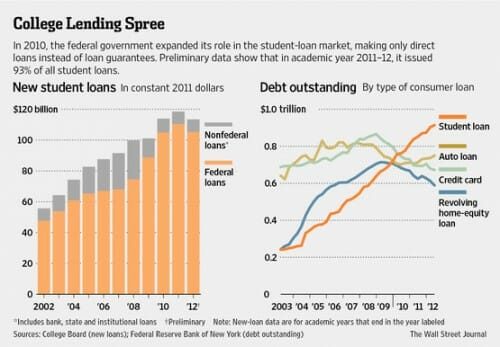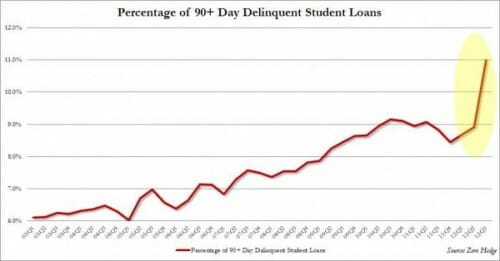For years I have argued that Obama is leading us to a European-style corporate state rather than socialism per se (though the two have many things in common). It seems like his defenders on the Left have figured that out, and are getting on board.
The other day, Kevin Drum seems to agree with a Washington Monthly article that defends corporatism in the name of attacking it. In this case, it was an example from the beer industry:
Prior to the 2008 takeover, Anheuser-Busch generally accepted the regulatory regime that had governed the U.S. alcohol industry since the repeal of Prohibition. It didn’t attack the independent wholesalers in control of its supply chain, and generally treated them well. “Tough but fair” is a phrase used by several wholesale-business sources to describe their dealings with the Busch family dynasty. Everyone was making money; there was no need to rock the boat.
All that changed quickly after Anheuser-Busch lost its independence....Today, with only one remaining real competitor, MillerCoors, the pressure it can put on its wholesalers is extraordinary. A wholesaler who loses its account with either company loses one of its two largest customers, and cannot offer his retail clients the name-brand beers that form the backbone of the market. The Big Two in effect have a captive system by which to bring their goods to market.
.... So distributors are caught in an impossible bind: they either do the brewer’s bidding, including selling their businesses to favored “Anchor Wholesalers,” or they lose Anheuser-Busch InBev as a client. And if the wholesalers try to push back? Anheuser-Busch InBev will get rough.
I don't know if this is just tremendous ignorance or some sort of calculated scheming. The article decries the growing power of beer manufacturers vis a vis liquor distributors, and wants to call this some sort of slide into corporatism. Actually just the opposite is true -- what we see is Anheuser-Busch taking on some of the largest beneficiaries of government cronysism: the liquor wholesalers.
The liquor distribution scheme, and resulting government enforced monopolies, created post-Prohibition have been the worst sort of corporate statism, and what is going on here is that the beer manufacturers are finally fed up with it. Regional liquor wholesalers are generally some of the most politically powerful forces in local and state politics. These distribution monopolies have all created multi-millionaire owners who deploy money and political clout to prevent any changes in law that might weaken their government-enforced monopoly position. Wonder why you still can't mail order from Amazon that bottle of California Merlot -- thank the liquor wholesale lobby. Without all this government protection of distributors, the soft drink business went through identical changes, relatively quietly, decades ago.
This whole liquor distribution scheme we have today is consistent with FDR's corporatist thinking (he was a great admirer of the economic aspects of Mussolini's fascism, and modeled the National Recovery Act after this Italian system). But it is also thoroughly anti-consumer, and has both raised prices of alcohol to consumers as well as stifled innovation and competition. We are living in a glorious age of incredible micro-brew choice, but this almost didn't happen. The biggest hurdle these early pioneers had to clear was cracking this liquor distribution monopoly.
I find it incredible that a Progressive like Drum sees fit to defend such a system and castigate Anheuser-Busch for challenging it. It is even more amazing to see him positing that anti-trust is all about protecting millionaire corporate players in one part of the supply chain from billionaire corporate players in another part. I have said for years that anti-trust has been corrupted from protecting consumers to protecting weaker competitors, even when this protection hurts consumers (remember, Microsoft was convicted of anti-trust violations for giving away free stuff to consumers). I just am amazed that the Left has come so far that it has now openly adopted this view of anti-trust.
Update: Here is another example of the Left describing market attacks on a government-protected corporation "Corporatist." There are always beneficiaries of deregulation (consumers being the most unsung of these). It is crazy and disingenuous for the Left to call those who win in a newly deregulated market "cronies."




